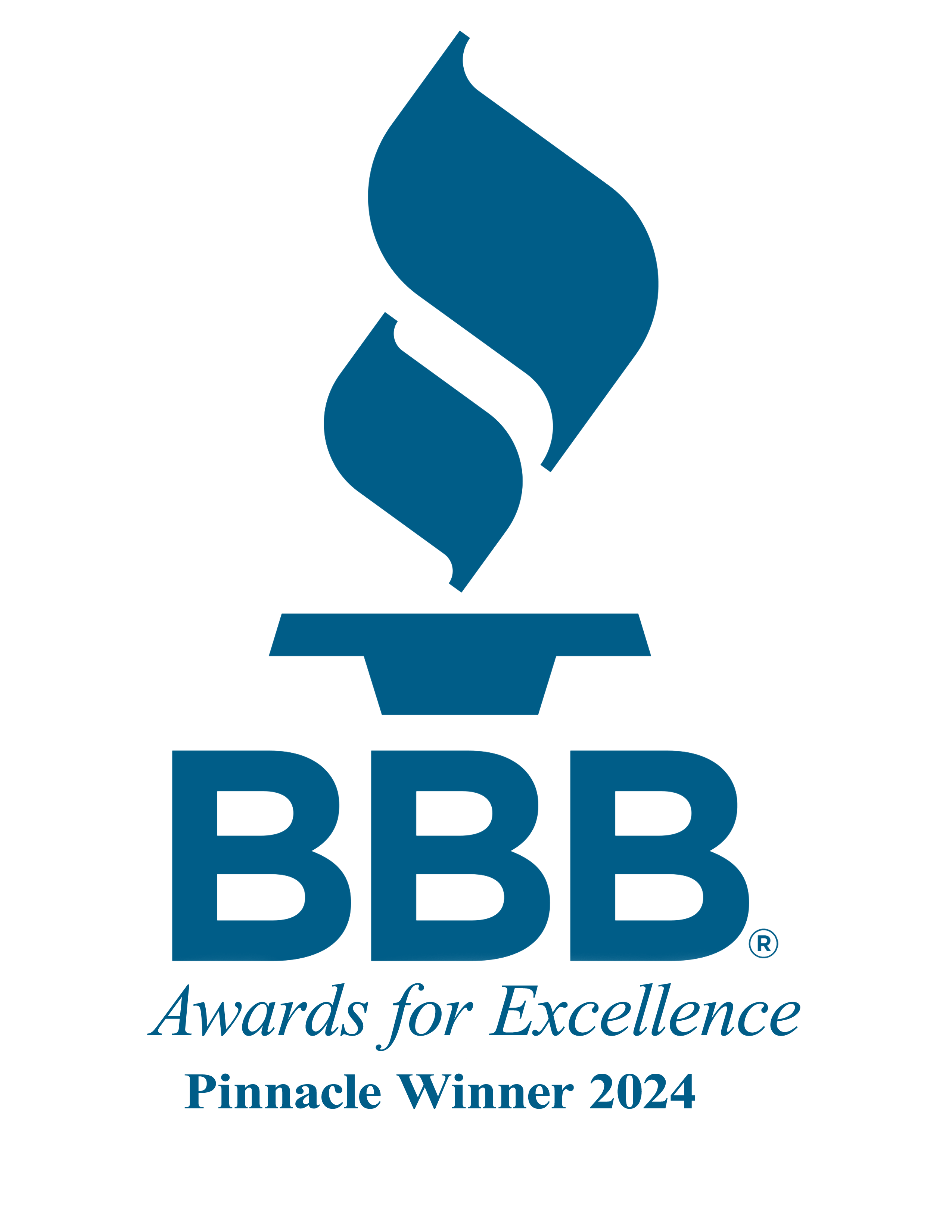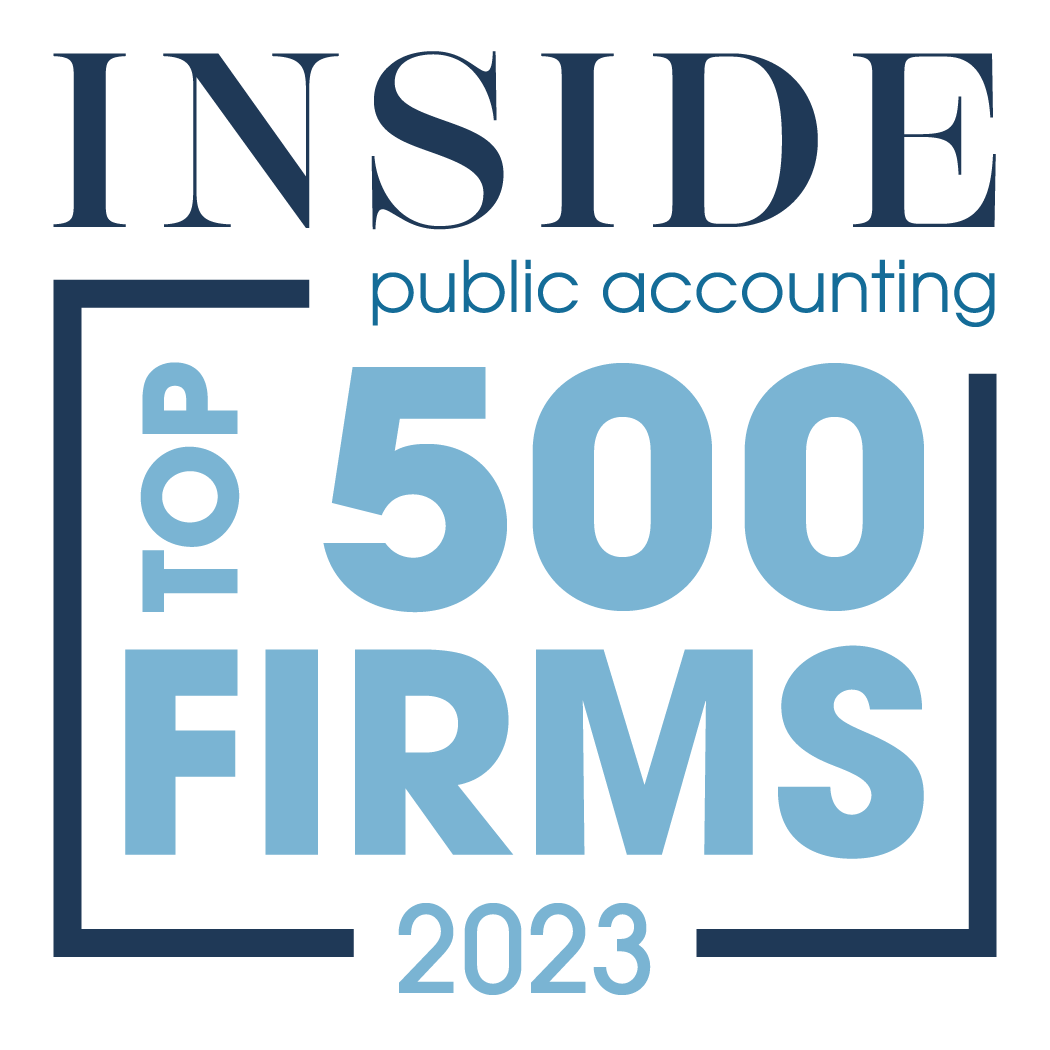Do You Need a Formal Valuation for Your BORSA/ROBS Plan? Here’s What Business Owners Should Know
By: Bryan Uecker, QPA, QPFC, AIF, AIFA

Introduction
If you’re using a Business Owners Retirement Savings Account (BORSA) or Rollover as Business Startup (ROBS) to fund your business dreams, you’ve probably wondered about valuation requirements. As a business owner, understanding when and how to value your BORSA/ROBS plan assets isn’t just about checking a box—it’s about protecting your investment and staying compliant with IRS regulations. Let’s break down everything you need to know about BORSA/ROBS plan valuations in plain English.
Why Valuations Matter in Your BORSA/ROBS Plan
Think of your BORSA/ROBS plan valuation like a regular health check-up for your business. It’s essential because:
- It helps ensure your retirement funds are being managed properly
- It keeps you compliant with IRS regulations
- It protects you from potential penalties and prohibited transactions
- It provides crucial information for making business decisions
When Do You Need a Formal Valuation?
The Simple Answer: It Depends on Your Activity
Not every BORSA/ROBS plan needs a formal valuation with an independent appraiser every year. Here’s when you might be able to use a less formal approach:
- You’re running a single-participant plan
- Your plan hasn’t made any contributions during the year
- You haven’t processed any distributions
- There haven’t been any investment changes
- You haven’t conducted any transactions involving employer securities
When to Get Formal
However, certain situations definitely call for a more formal valuation approach:
- During Major Transactions
- When making contributions to the plan
- When processing distributions
- During transactions involving employer securities
- For Complex Assets
- When dealing with hard-to-value assets
- If you’re planning significant business changes
- When the IRS might request additional documentation
Real-World Implications
The IRS has found that many BORSA/ROBS arrangements face challenges within their first three years. One common pitfall? Improper valuations. To avoid becoming a cautionary tale, consider these best practices:
Best Practices for BORSA/ROBS Valuations
- Annual Review
- Schedule regular valuations
- Document your valuation method
- Keep detailed records
- Professional Support
- Consider working with valuation experts
- Consult with BORSA/ROBS specialists
- Maintain relationships with financial advisors
- Documentation Requirements
- Keep detailed records of all valuations
- Maintain proof of your methodology
- Store copies of all relevant paperwork
Common Questions from Business Owners
“How accurate does my valuation need to be?”
Your valuation needs to reflect the true fair market value of your business assets. This isn’t about guesswork—it’s about using legitimate, defensible methods.
“What happens if I get it wrong?”
Incorrect valuations can lead to:
- IRS penalties
- Compliance issues
- Potential plan disqualification
- Tax complications
Tips for Success
- Stay Organized
- Keep a calendar of valuation deadlines
- Maintain clear documentation
- Track all business changes that might affect valuations
- Plan Ahead
- Budget for professional valuations when needed
- Consider timing of major business decisions
- Think about future exit strategies
Conclusion
While BORSA/ROBS plan valuations might seem daunting, they don’t have to be. The key is understanding when you need a formal valuation and when a less formal approach will suffice. Remember, the goal is to protect your investment while staying compliant with IRS requirements.
Take Action
- Review your BORSA/ROBS plan’s current valuation status
- Schedule any needed valuations
- Consult with professionals if you’re unsure
- Document your valuation process
Remember, your BORSA/ROBS plan is more than just a funding mechanism—it’s a crucial part of your business and retirement strategy. Treating valuations with the attention they deserve will help ensure your long-term success.
- Published in ROBS 401(k), ROBS 401k Provider, Small Business, Starting a Business
SOLO 401(k) PLANS
By: Bryan Uecker, QPA, QPFC, AIF, AIFA

With the growing gig economy and more individuals choosing self-employment, solo 401(k) plans are gaining significant interest. Understanding these retirement plans and their unique benefits can help eligible small business owners maximize their retirement savings.
What is a Solo 401(k) Plan?
A solo 401(k), also known as a one-participant plan, is a 401(k) plan designed for business owners and their spouses. These plans are exempt from many of the more complex rules that apply to larger 401(k) plans, such as nondiscrimination testing, because they don’t cover any non-owners.
Solo 401(k) plans are popular among small business owners because they are easy to manage while allowing participants to make substantial contributions—up to the IRS 415(c) limit each year—without the restrictions larger plans typically face.
Who Qualifies for a Solo 401(k) Plan?
A solo 401(k) plan is only available to businesses with no employees other than the owner(s) and their spouses. If a business employs a non-owner who is eligible to participate in the plan, it no longer qualifies for a solo 401(k), even if the employee chooses not to participate. Failing to meet this requirement can result in IRS penalties, including corrective contributions or plan disqualification.
The plan loses its solo status the moment a non-owner becomes eligible for participation, so it’s crucial to notify your 401(k) provider in advance to ensure a smooth transition.
Additional considerations:
• If your business is part of a controlled group or affiliated service group (ASG), you cannot exclude their employees to qualify for a solo 401(k).
• Starting January 1, 2024, long-term part-time (LTPT) employees cannot be excluded from the plan, even if they don’t meet the plan’s typical eligibility requirements.
401(k) Rules That Don’t Apply to Solo Plans
Because solo plans don’t cover non-owners, they are exempt from many rules aimed at ensuring fairness for employees. These rules include:
• Nondiscrimination testing: Solo plans automatically pass the 410(b) coverage, ADP/ACP, and 401(a)(4) nondiscrimination tests, since they only cover Highly-Compensated Employees (HCEs).
• Top-heavy testing: Although all solo plans are top-heavy, the top-heavy minimum contribution requirement is irrelevant because there are no non-key employees to allocate funds to.
• Participant disclosures: Solo plans are not required to provide Title I disclosures, like Summary Plan Descriptions or Summary Annual Reports, which apply to other 401(k) plans.
• Form 5500 filing: Solo plans are exempt from filing Form 5500 unless their assets exceed $250,000 by the end of the plan year.
• Fidelity bond: Since solo plans are not subject to ERISA, there’s no requirement for a fidelity bond, which protects against losses from fraud or dishonesty in ERISA-covered plans.
401(k) Rules That Do Apply to Solo Plans
Even though solo plans are simpler, they must still comply with some key rules:
• Contribution limits: The IRS limits for 2025 are:
– 415(c) limit: $70,000 + $7,500 catch-up
– 402(g) limit: $23,500 + $7,500 catch-up
• Form 5500-EZ: If plan assets exceed $250,000 by the end of the plan year, you must file Form 5500-EZ.
• Participant disclosures: Some disclosures, like the 404(a)(5) fee notice or safe harbor 401(k) notices, apply if relevant to your plan.
Solo 401(k) Plan Design Considerations
Most solo 401(k) plans have low fees due to their simplicity, but some providers may limit features such as participant loans or in-service distributions to maximize profits. While this may not concern some business owners, others might find these limitations restrictive.
If you have a high income, consider making “mega backdoor” Roth IRA contributions to your solo 401(k). This strategy allows you to make large after-tax contributions to the solo plan and then roll them over to a Roth IRA for tax-free retirement distributions. To use this strategy, your solo plan must allow voluntary after-tax contributions and in-service distributions.
Deadline to Adopt a New Solo 401(k) Plan
Thanks to the SECURE Act of 2019 and SECURE 2.0, the deadlines for adopting and contributing to a solo 401(k) have been extended:
• Adoption deadline: You can adopt a solo plan retroactively and make profit-sharing contributions up until the tax return due date (including extensions). For instance, if your 2024 tax return is extended to September 15, 2025, you have until that date to adopt a solo 401(k) for 2024.
• Contribution deadline: Sole proprietors and owners of single-member LLCs can make retroactive employee contributions to a new solo plan by the tax return due date (excluding extensions).
Maximize Your Solo 401(k) Plan
Solo 401(k) plans offer significant benefits to business owners, including large contribution limits, “mega backdoor” Roth contributions, and lower costs compared to traditional 401(k) plans. However, it’s essential to choose a 401(k) provider that offers flexibility in plan design, allowing you to fully maximize the benefits of your solo 401(k). Avoid providers with restrictive features that could limit your ability to get the most from your plan.
- Published in Small Business, Starting a Business
Social Security: Current Status and Challenges
By: Bryan Uecker, QPA, QPFC, AIF, AIFA

Social Security remains a critical topic of discussion due to ongoing concerns about its solvency and future. Recent expert panels have examined the program’s state and potential improvements.
Public Support and Confidence
Research by the National Institute on Retirement Security (NIRS) shows strong public support for Social Security, with many considering it a crucial government program. However, confidence in benefit delivery varies, with older generations generally more confident than younger ones.
Key Challenges
Gopi Shah Goda of the Brookings Institution outlined four main challenges:
- Financial shortfalls
- Program rigidity
- Inadequate coverage of elderly financial risks
- Persistent poverty among survivors
Proposed Solutions
Experts suggest reforming rather than replacing Social Security. Recommendations include:
- Increased funding through dedicated tax flows
- Indexing benefits to longevity
- Expanding private retirement plans
- Establishing a commission for thorough examination
Broader Implications
Discussions also touched on whether Social Security should primarily serve as income replacement or an anti-poverty safety net. Consensus remains on its critical role in retirement security for most Americans.
Moving forward, addressing these challenges while preserving Social Security’s core mission will require thoughtful, bipartisan efforts.
- Published in ROBS 401(k), ROBS 401k Provider, Small Business, Starting a Business
Understanding Cycle 3 Restatements for Defined Benefit (DB) Plans
By: Bryan Uecker, QPA, QPFC, AIF, AIFA

Defined Benefit (DB) Plans are an essential component of retirement planning, offering predictable income streams for participants. However, staying compliant with government regulations is critical for plan sponsors. One of the key compliance requirements is the periodic restatement of plan documents to reflect legislative and regulatory changes. We’re currently in the Cycle 3 Restatement period for DB Plans, and plan sponsors should ensure they meet the deadlines and requirements to remain compliant.
What Are Cycle Restatements?
Cycle restatements are part of the IRS’s pre-approved plan document program. Every few years, the IRS requires plan sponsors of retirement plans—such as Defined Contribution (DC) and Defined Benefit (DB) Plans—to restate their plan documents. These restatements incorporate recent legislative and regulatory updates to ensure the plan operates in compliance with current laws.
For DB Plans, the current restatement period, known as Cycle 3, opened August 1, 2023 and will close on March 31, 2025. Plan sponsors must adopt the updated Cycle 3 document within this window.
What’s New in Cycle 3 Restatements for DB Plans?
Cycle 3 restatements incorporate a variety of regulatory and legislative updates enacted since the last restatement cycle. Some key updates include:
- SECURE Act
The Setting Every Community Up for Retirement Enhancement (SECURE) Act introduced provisions to expand access to retirement savings and increase flexibility. Employers must ensure their DB Plans reflect these changes, such as updated rules for required minimum distributions (RMDs). - Bipartisan Budget Act of 2018
This legislation introduced changes to hardship withdrawals and other plan operations that may need to be reflected in the updated document. - Other IRS Guidance
Recent IRS procedures and notices have clarified certain operational requirements for DB Plans, which should now be incorporated into the Cycle 3 restatements.
Why Are Restatements Important?
Plan restatements aren’t just a bureaucratic requirement—they’re essential for maintaining the tax-qualified status of your DB Plan. A failure to restate the plan document by the deadline can result in significant penalties, including the potential loss of tax benefits for both the employer and plan participants. Regular updates also help ensure the plan is operating as intended and providing the intended benefits.
If you have questions about Cycle 3 restatements or need assistance navigating the process, don’t hesitate to reach out to DRDA as your TPA . Compliance may seem complex, but with proper guidance, it’s entirely manageable!
- Published in ROBS 401(k), ROBS 401k Provider, Small Business, Starting a Business
Pros and Cons of Emergency Accounts Inside a 401(k) Plan (SECURE 2.0)
By: Bryan Uecker, QPA, QPFC, AIF, AIFA

Under the SECURE 2.0 Act, a new feature allows employees to access emergency savings within their 401(k) plans. This is designed to provide workers with more flexibility to cover unexpected expenses without needing to resort to high-interest loans or credit cards. Here’s a breakdown of the potential benefits and drawbacks of incorporating emergency savings accounts inside a 401(k) plan:
Pros:
- Accessibility for Employees:
- Emergency Fund Access: Employees can set aside up to $2,500 in an emergency savings account within their 401(k). This provides a quick and easy way to access emergency funds without having to worry about depleting personal savings or taking on high-interest debt.
- Early Withdrawals without Penalty: If structured correctly, employees may withdraw emergency funds without incurring the 10% early withdrawal penalty (though income tax may still apply).
2. Tax-Advantaged Growth:
- Tax-Deferred Contributions: Contributions to the emergency savings account within the 401(k) plan grow tax-deferred. This can be an attractive option for employees, as the funds will accumulate without being subject to annual income taxes.
- Potential for Employer Contributions: Employers may be able to match emergency savings contributions, further boosting employees’ savings potential.
3. Encouragement of Savings:
- Automatic Payroll Deductions: Employees may be able to set up automatic contributions directly from their paychecks. This can help establish the habit of saving for unexpected expenses, even if it’s just a small amount each pay period.
- Financial Security: Access to emergency savings in a 401(k) plan gives employees peace of mind, knowing that they have a built-in safety net to deal with unforeseen financial burdens.
4. Enhanced Retirement Contributions:
- Employees may contribute to their emergency savings and retirement savings simultaneously, allowing for the long-term benefits of retirement planning while addressing short-term liquidity needs.
Cons:
- Limited Emergency Fund Access:
- Withdrawals Are Still Subject to Income Tax: While the penalty is waived, emergency fund withdrawals are still subject to income tax, which may reduce the amount of the funds employees actually receive.
- Limits on Withdrawals: Withdrawals from the emergency savings account are restricted to specific qualifying circumstances. Employees may not have the same flexibility as they would with a regular savings account, and not all emergencies may qualify.
2. Reduced Contributions to Retirement Fund:
- Emergency Savings Could Impact Retirement Contributions: If employees are putting funds into their emergency account within the 401(k), it may reduce their ability to maximize contributions to their retirement savings. This could impact long-term financial planning for retirement.
- Potential for Missed Investment Growth: While the funds in emergency savings are protected from market volatility, they may also miss out on the higher returns associated with more aggressive investments in the main portion of the 401(k) plan.
3. Complexity and Administration:
- Additional Administration for Employers: Employers will need to track both regular 401(k) contributions and emergency savings contributions. This adds another layer of complexity to plan administration and may require additional time and resources.
- Employee Confusion: Employees may be confused about how their emergency savings are structured within their 401(k) and how this fits into their overall retirement planning strategy. Clear communication and guidance from employers will be necessary to avoid confusion.
4. Potential for Overuse:
- Overreliance on Emergency Savings: Employees might be tempted to use emergency funds more frequently, draining the emergency savings account. This can reduce the funds available for true emergencies, potentially leaving employees without the necessary resources when they need them the most.
5. Impact on Future Withdrawals:
- Tax Implications: Since the emergency savings are inside the 401(k), any withdrawals from this account will still count toward the total 401(k) balance, potentially increasing the taxable amount when the employee retires or takes distributions.
Conclusion:
The inclusion of emergency savings accounts within a 401(k) plan under SECURE 2.0 offers significant benefits, particularly in providing employees with an accessible, tax-advantaged way to manage unexpected expenses. However, it also comes with challenges related to tax implications, withdrawal restrictions, and the potential for reduced retirement savings growth.
Employers and employees must carefully weigh the pros and cons, ensuring they balance short-term financial flexibility with long-term retirement planning goals. With proper structure and communication, emergency accounts within 401(k) plans can be an excellent tool for enhancing financial security and preparedness.
- Published in ROBS 401(k), ROBS 401k Provider, Small Business, Starting a Business











